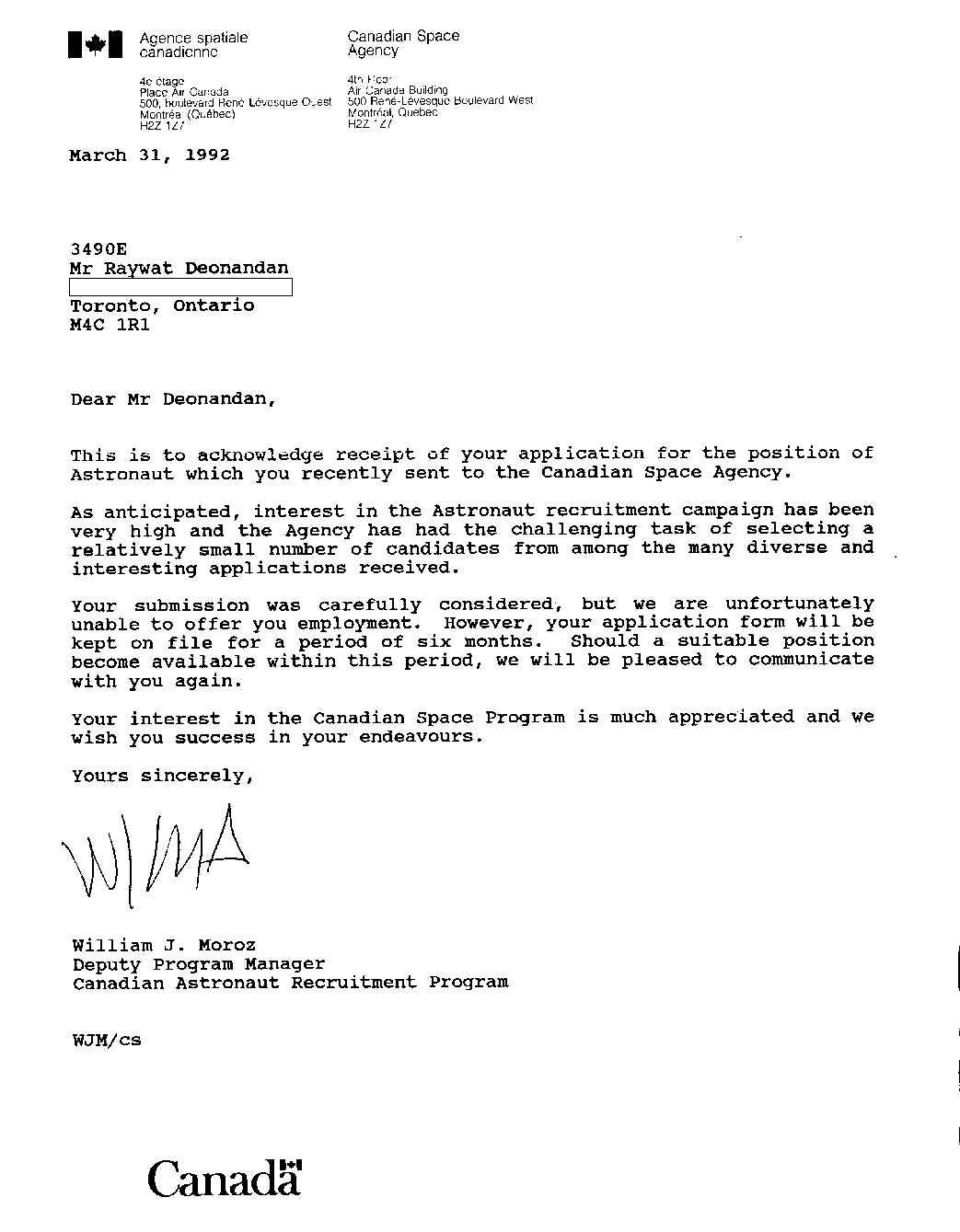
A few days ago I hunkered into a lecture hall at the University of Ottawa to watch the most recent
Munk Debate, this time between the teams of
Nigel Lawson &
Bjorn Lomborg vs
Elizabeth May &
George Monbiot, streamed live from Toronto. Had I known the debates could be accessed from the web, I would have stayed home to watch it with several strong glasses of port. But no....
The topic:
Be it resolved, Climate Change is Mankind's defining crisis, and demands a commensurate response.
Nigel Lawson came across as a fussy old fuddy-duddy, underinformed and full of ideological bluster.
Elizabeth May I've never really taken a liking to, given her screechy delivery and overly confrontational demeanour. However, she at least said the one thing that needed saying: that these four are the not the experts; the scientists are the experts. This lack of true expertise hindered further substantial debate, I think. She is a lawyer/politician. Lawson is a journalist/politician. Monbiot is a journalist. And Lomborg is a statisition cum self-promoter.
George Monbiot has been a favourite figure of mine for some time. What an eloquent, passionate and well informed speaker.
His website's earlier incarnations were actually the model for the direction
my own website eventually took, so I admit to having a slight bias for all things Monbiot. Having said that, even the great George came across as slightly unscientific, given his background as a journalist. His famous self-imposed travel ban, meant as a gesture to encourage minimal carbon footprints worldwide, was suspended for this special occasion, allowing him to physically be in Toronto. I always felt this self-restriction to be a bit precious, if you know what I mean.
Bjorn Lomborg, meanwhile, is no stranger to this blog. I have discussed him in the
March 5, 2004 post, the
Jan 14, 2005 post, the
Aug 31, 2007 post, and the
Oct 17, 2007 post. In short, I detest everything Bjorn Lomborg stands for. I will not mince words here. The man is insidious and, in my opinion, simply for sale. His landmark book,
The Skeptical Environmentalist, was the Climate Change denier's bible for years, effectively used as ammunition to slow down change on the policy front.
In recent months/years, Lomborg has begun to rehab his reputation. He no longer denies that Climate Change exists, is a big deal or is human-caused. This is rather convenient, now that the book has made him insanely wealthy and positioned him as a preferred champion for the anti-Climate Change business sector. There is speculation, implied by May during the debates, that his position earns Lomborg a pretty penny. Instead, Lomborg's new mantra is that:
(a) there are more important things we can be focusing on; and
(b) since we don't seem to be making headway on Climate Change, why not apply these energies and monies to --I dunno-- eliminating poverty or disease?
On the face of it, this is not a bad position to have. Indeed, his position seems to have won over many in the audience. The debate statistics show that public response was thus:

In essence, more people changed their minds in favour of the Lomborg/Lawson position than in favour of the May/Monbiot position.
Apparently,
Time Magazine once listed Lomborg as one of the most important 100 intellectuals in the world, according to his intro during the Munk Debate. This surprises me, given his brazen anti-intellectual behaviour during the debate itself. Lomborg's position, as I summarized above, is fundamentally untenable, and I'm afraid May and Monbiot did a poor job of explaining this to the audience. It comes down to this:
It doesn't matter that poverty and disease remain as plagues upon the world. Climate Change exacerbates those things, making them increasingly worse. And it doesn't matter that pro-environmental legislation slows down economic development. What is the point of creating wealthy nations if there's no food or water left to buy with your newly created wealth?
These were the basic aspects of environmental and health science poorly conveyed during the debate. I proudly commented afterward that I'm certain my undergrad students could have debated Lomborg into a corner, given how much I've tried to encourage them to think in terms of interrelated networks and systems.
Let's look at Lomborg's claim that we are better off tackling global health than Climate Change. The world needs to understand that many of the problems in global health are either as a direct result of Climate Change, or will be exacerabted beyond repair as a result of Climate Change. As
Stephen Lewis once commented during a live address in Ottawa, "I fear we are looking at an Apocalyptic event."
When Monbiot (or was it May?) commented that Climate Change makes HIV/AIDS worse, Lomborg gave us his theatrical hands-in-the-air disbelief pose. "How is that even possible?" he demanded to know. Sadly, only Monbiot bothered to explain a mechanism, but only told part of the story. The incident, though, causes me to ask whether Lomborg is really so uninformed (causing me to wonder how
Time would dare list him among the world's top intellectuals) or is he instead disingenuous. If the latter, then he is insidious and dangerous indeed.
Monbiot's mechanism was basic: Climate Change is causing droughts, which forces men off the land and into the company of prostitutes, hence spreading sexual disease, including HIV. In truth, it's more than this. Drought leads to poor nutrition, which prevents proper uptake of the anti-viral drugs that treat HIV (which need good nutrition to work properly). Environmental collapse causes economic collapse and produces more disease issues, further overwhelming healt care systems and prventing a society from addressing its HIV epidemic.
The ecology of much of the developing world, including sub-Saharan Africa, which has the greatest HIV burden in the world, is already operating at the margins. The crops there already subsist at the very edge of tolerance for temperature and humidity perturbations. With Climate Change comes more dramatic perturbations and thus a certainty of widespread famine in those regions.
No amount of structural adjustments, as Lomborg champions, will give such nations the economic might to overcome such famine, not when most of the region is similarly affected.
In short, unlike crises in the past, Climate Change represents humanitarian challenges that one cannot buy one' s way out of. Again, you can't buy water that does not exist. In response to Lomborg's assertion that human societies will develop adaptations, Monbiot powerfully retorted (and I paraphrase): in these parts of the world, the only adaptation is the AK-47.
There are many other mechanisms by which Climate Change exacerbates health, and thus wealth. Among them:
The changing of vector behaviour. Mosquitos and their like determine their ranges by temperature and humidity. As these factors change, the nature of related diseases will also change.
Water quality. Because rivers are changing paths and rainfalls are misscheduling, the predictability of the safety of drinking water is uncertain. Already, 2 million deaths a year, mostly among young children, are due to diarrhea, directly caused by unsafe water. WHO estimates that today 2.4% of diarrheal deaths are due to climate change. (WHO uses very conservative methods to reach these estimates.)
Changing agriculture. Agriculture is affected by temperature, precipitation and soil quality. According to a 2008 article in
Science: southern Africa could lose more than 30% of its main crop, maize, by 2030. In South Asia losses of many regional staples, such as rice, millet and maize could top 10%.
Migration. There is a long established intersection between migration and health. The sudden stress of large numbers of people is ecologically bad. Environmental refugees must be fed, sheltered and cared for, and the world has a poor track record of caring for mass migrants. According to a 2007 article by Christian Aid: "The growing number of disasters and conflicts linked to future climate change will push the numbers far higher unless urgent action is taken. We estimate that between now and 2050 a total of 1 billion people will be displaced from their homes."
Insecurity. Ecological collapse can cause war. According to a 2007 report by The Pentagon:
Global warming constitutes a security threat to the USA, as there will be wars based on diminishing fresh water supplies, refugees, and higher rates of famine and disease.
Economic effects. Less money means less spent on health and poverty reduction. As an example, according to a 2008 article in the
American Journal of Preventive Medicine, Coral bleaching can lead to collapse of the world’s fisheries in a matter of decades.
Air pollution. One US model predicts that by 2050, due to global warming, ozone-related
deaths will increased by 4.5% and there will be 60% more alert days.
Heat waves. According to WHO, heat deaths in California alone will double by 2010.
Natural disasters (floods and storms). According to WHO, flooding will affect 200 million people by 2080.
Here is an interesting little graphic showing deaths due to Climate Change in the year 2000, almost a decade ago. The truth today is much more daunting:

There are a lot more data and many more details. There is no dearth of studying on the topic. I don't know how anyone who's familiar with even a fraction of the data can conclude anything other than Climate Change is indeed the single most important crisis facing humanity now and in the next two centuries. More than the threat of nuclear war, and possibly on par with the threat of direct cometary impact, runaway greenhouse affect might very well drive civilization itself into the dust within our lifetimes.
Labels: climate change, epidemiology, politics, science


























